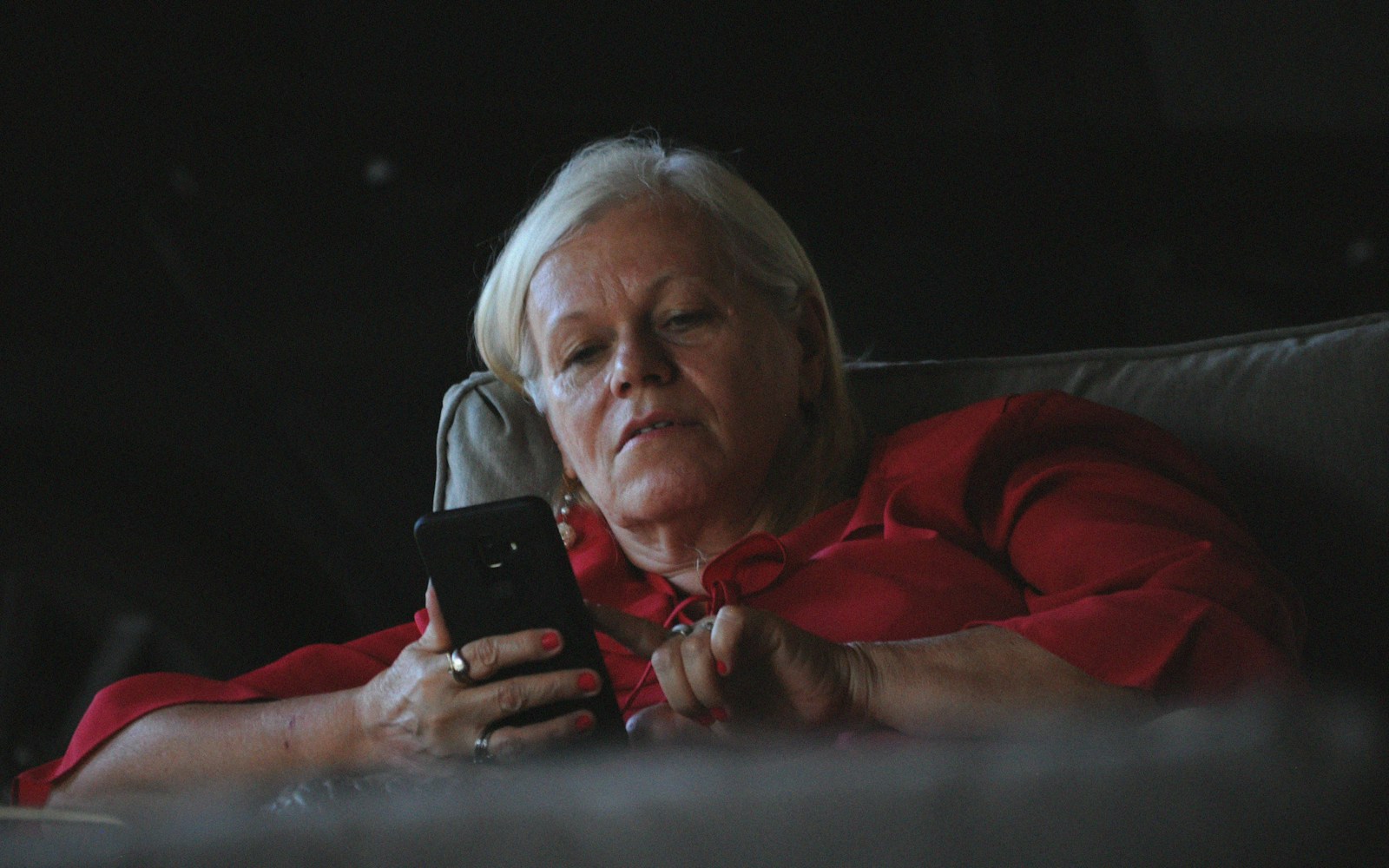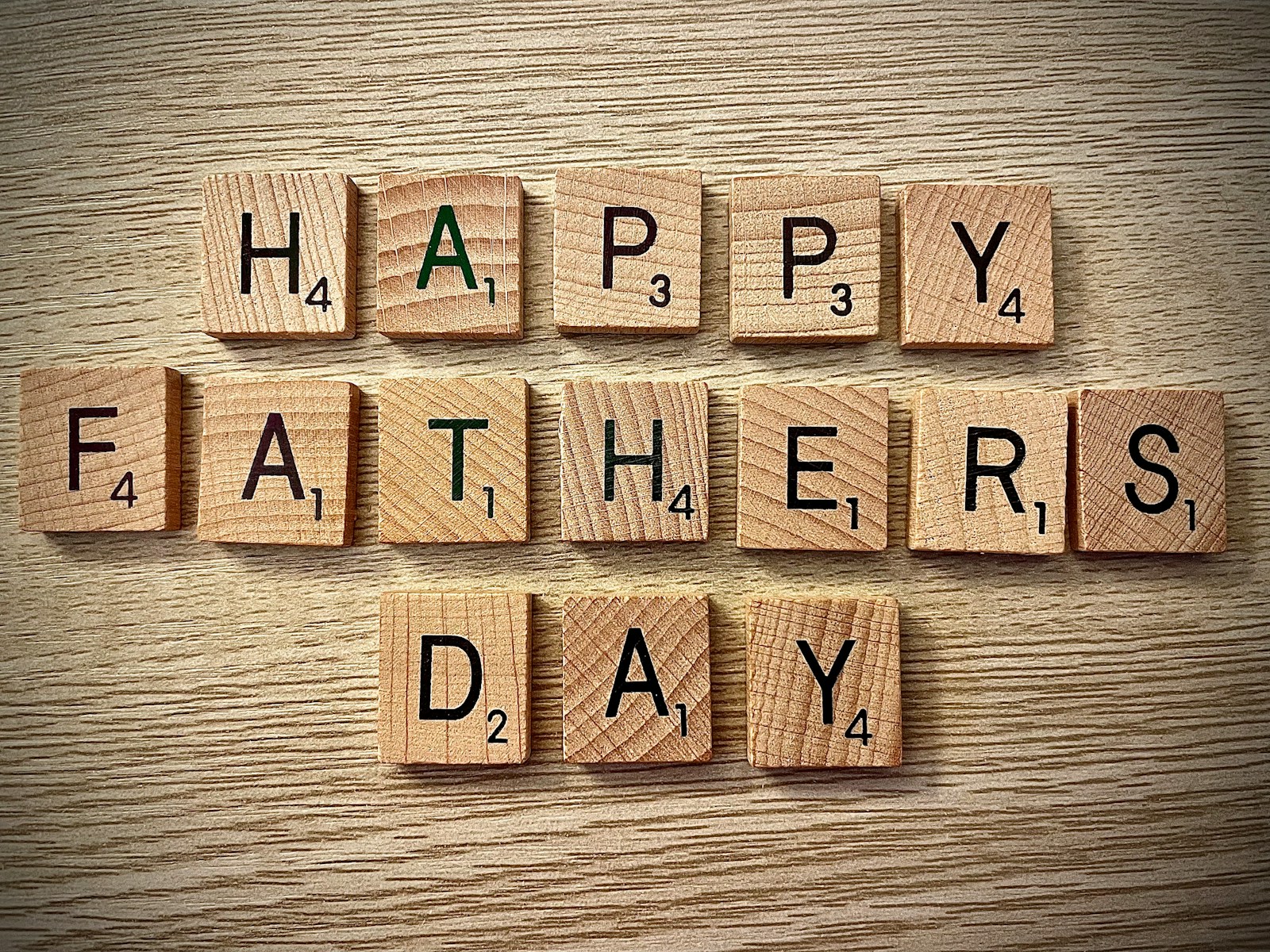The Algorithm Trap: How Social Media Is Rewriting the Way We Share Our Lives
For years, social media promised connection. It offered a digital stage where we could share our wins, our worries, our wardrobes, and our wisdom. But somewhere along the way, the promise shifted. The platforms we once used to document our lives now seem to dictate how we live them. And at the heart of this shift? Algorithms—those invisible curators that decide what we see, what we don’t, and what’s worth sharing at all.
This isn’t just a tech problem. It’s a cultural reckoning. Especially for women in midlife, who’ve spent years building careers, families, and identities, only to find their digital voice filtered, buried, or reshaped by systems designed to prioritise engagement over authenticity.

🧠 What Are Social Media Algorithms, Really?
Let’s strip away the jargon. A social media algorithm is a set of rules that determines what content appears in your feed. It’s not chronological. It’s not democratic. It’s personalised—based on what you’ve liked, commented on, paused to watch, or scrolled past.
These algorithms are designed to keep you on the platform longer. They learn your habits, predict your preferences, and serve up content that’s most likely to make you click, react, or share. In theory, that sounds efficient. In practice, it’s manipulative.
Platforms like Instagram, Facebook, and TikTok prioritise content that drives engagement. That means posts that spark outrage, envy, or obsession often rise to the top. Quiet moments? Honest reflections? Posts that don’t perform? They get buried.
💔 The Shift from Sharing to Performing
Remember when posting a photo of your messy kitchen or a candid family moment felt normal? Today, it feels risky. Not because we’ve changed, but because the algorithm has.
Women aged 35 to 60 are especially vulnerable to this shift. Many use social media to stay connected with friends, document milestones, or share advice. But now, there’s pressure to curate. To polish. To post what “works.”
This shift turns sharing into performing. Instead of posting what matters to us, we post what the algorithm rewards. That might mean:
- Highlighting only the best parts of our day
- Avoiding topics that get low engagement
- Using trendy hashtags to stay visible
- Editing photos to match aesthetic norms
The result? A digital life that looks perfect—but feels hollow.
📉 The Decline of Organic Reach
One of the most frustrating consequences of algorithmic control is the decline of organic reach. In the early days of Facebook and Instagram, your followers saw your posts. Simple. Today, only a fraction do—unless your content meets the algorithm’s criteria.
This has real consequences:
- Posts about personal milestones get buried
- Health updates or vulnerable shares go unseen
- Small businesses and creators struggle to reach their audience without paying for ads
For women who use social media to build community or share meaningful content, this decline feels like a betrayal. We’re told to “just post,” but the system is rigged to reward only certain types of content.
🧃 The Rise of Algorithm-Friendly Content
To survive in this new landscape, many users adapt. They create algorithm-friendly content—short videos, trending audio, and viral challenges. But this often means sacrificing depth for visibility.
Consider the rise of “day-in-the-life” reels. They’re polished, fast-paced, and often staged. They perform well, but do they reflect real life?
Or take wellness content. Posts about breathwork or mental health rituals get traction if they’re visually appealing and paired with trending sounds. But raw, unfiltered stories? They’re often ignored.
This creates a feedback loop: we post what performs, not what matters. And over time, our feeds become less about connection and more about competition.
🧠 The Psychological Toll
This shift isn’t just annoying—it’s damaging. Studies show that algorithm-driven platforms contribute to anxiety, comparison, and burnout. For midlife women juggling careers, caregiving, and personal growth, the pressure to “keep up” online adds another layer of stress.
Some common effects include:
- Self-censorship: Avoiding topics that might not perform well
- Validation-seeking: Measuring worth by likes and comments
- Content fatigue: Feeling drained by the need to post regularly
- Digital disconnection: Pulling back from platforms that no longer feel authentic
And yet, many of us stay. Because social media is still where our friends are. Where our communities live. Where we share our stories—however filtered they may be.

🧭 Reclaiming Our Digital Lives
So, what’s the solution? We can’t dismantle the algorithm overnight. But we can reclaim our relationship with social media, starting with how we use it.
Here are a few ways to push back:
1. Post with Purpose, Not Performance
Share what matters to you, even if it doesn’t “perform.” A photo of your garden, a note about your day, a reflection on aging—these are the posts that build real connection.
2. Curate Your Feed Intentionally
Unfollow accounts that trigger comparison. Follow creators who share honestly. Engage with content that reflects your values, not just your interests.
3. Use Stories and Private Groups
Stories often bypass the algorithm. So do private Facebook groups or close friends lists. These spaces allow for more authentic sharing without the pressure of public performance.
4. Take Breaks Without Guilt
You don’t owe the algorithm anything. If social media feels draining, step away. Your life doesn’t need to be documented to be meaningful.
5. Support Platforms That Prioritise Connection
New platforms are emerging that focus on community over content. Explore alternatives like Substack, Geneva, or even old-school blogs. These spaces often offer more control and less algorithmic interference.
🔍 The Bigger Picture: Why It Matters
This isn’t just about social media. It’s about how we tell our stories. How we connect. And how we define ourselves in a digital age.
When algorithms dictate what’s worth sharing, we lose something vital: our voice. Our nuance. Our ability to be seen as whole, complex, evolving women.
For women in midlife, this loss is especially poignant. These are years of transformation—career pivots, family shifts, personal growth. They deserve to be documented honestly, not filtered through a system that values virality over vulnerability.
💬 Final Thoughts: Share Anyway
Social media algorithms may be powerful, but they’re not omnipotent. They can’t define your worth. They can’t tell your story. And they certainly can’t replace the richness of real connection.
So share anyway. Share your messy moments, your quiet wins, your evolving truths. Share for yourself, not the algorithm. Because in a world of curated feeds, authenticity is revolutionary.














